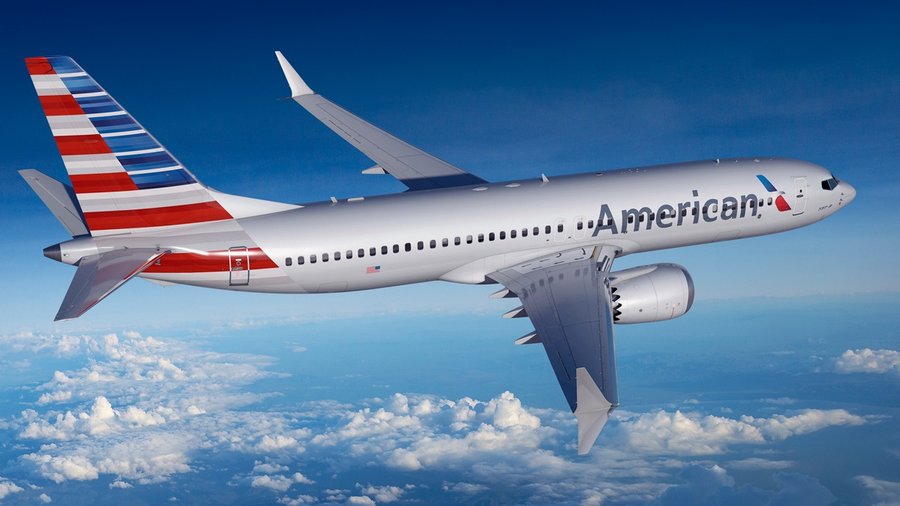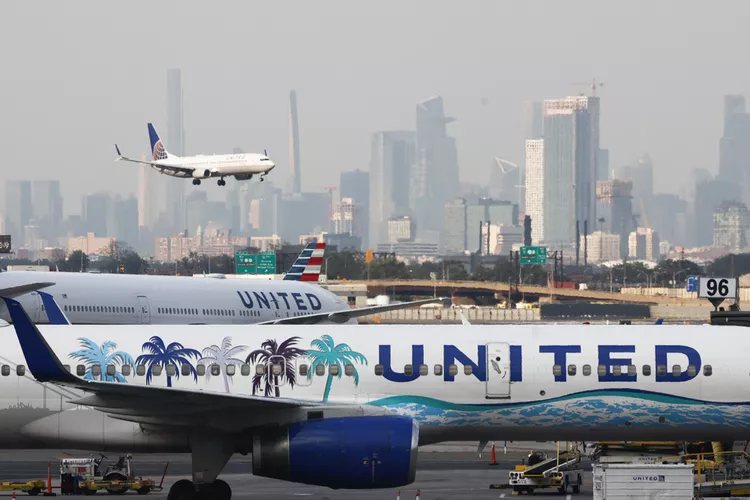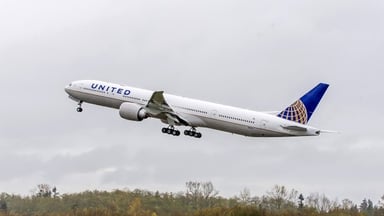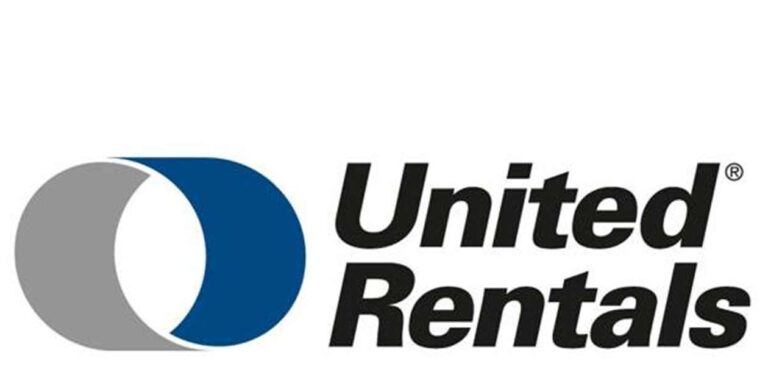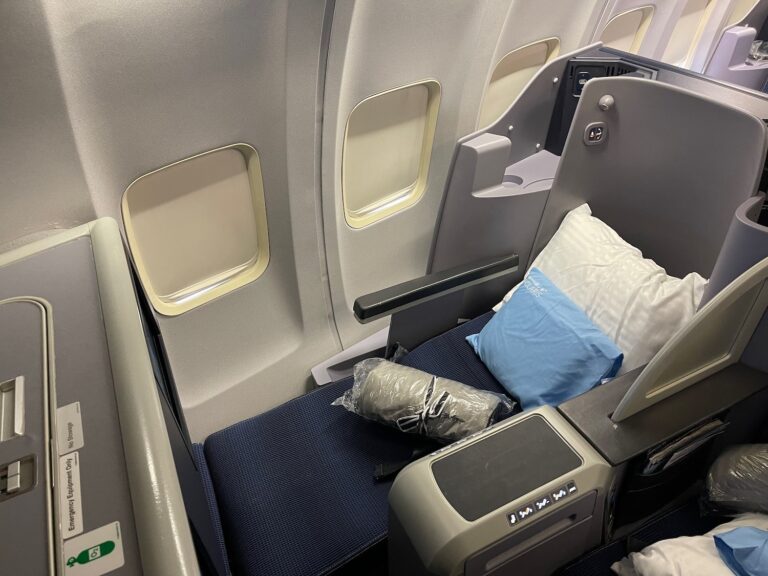United Airlines in the Hot Seat Again: Stranded Passengers, Canceled Flights, and Customer Outrage
United Airlines is no stranger to turbulence—both in the skies and on the ground. The airline has found itself at the center of yet another drama, with a string of recent incidents further denting its already shaky reputation. From canceled flights leaving passengers stranded to complaints of poor customer service, United Airlines is facing a growing wave of discontent that has travelers questioning whether the airline can deliver the reliability and care they expect.
Canceled Flights Lead to Chaos
One of the most recent incidents occurred when a series of United Airlines flights were abruptly canceled, leaving passengers stranded at various airports across the country. The cancellations, reportedly due to crew shortages and operational issues, caught passengers off guard, leading to widespread frustration and confusion. Some travelers were informed of the cancellations just moments before they were scheduled to board, while others learned about it after already enduring long delays at the airport.
For many passengers, the cancellations meant scrambling to find alternative flights or accommodations, often at their own expense. The lack of communication from United Airlines only added to the chaos, with many customers expressing anger over the airline’s failure to provide timely updates or adequate assistance. Social media quickly became a platform for venting, with passengers sharing their horror stories of missed connections, lost luggage, and ruined travel plans.
One passenger, who was traveling to attend a family wedding, described the experience as a “nightmare.” After her flight was canceled, she spent hours on hold with United Airlines’ customer service, only to be told that the next available flight wouldn’t be until the following day—well after the wedding had taken place. Other passengers reported similar experiences, with some being told that they would have to wait days before being rebooked on another flight.
The situation escalated when some passengers, desperate to make it to their destinations, were forced to book last-minute flights with other airlines at exorbitant prices. United Airlines offered little in the way of compensation, leaving many feeling abandoned and out of pocket. The lack of support from the airline during such a stressful time left a sour taste in the mouths of many travelers, who vowed to take their business elsewhere in the future.
Poor Customer Service Exacerbates the Problem
While flight cancellations and delays are an unfortunate reality of air travel, what has made matters worse for United Airlines is the perceived lack of empathy and poor customer service that passengers encountered during these incidents. As passengers sought help from the airline’s customer service representatives, many were met with long wait times, unhelpful responses, and a general lack of urgency in addressing their concerns.
One incident that drew significant attention involved a passenger who was stuck at an airport overnight due to a canceled flight. After waiting in line for hours to speak with a United Airlines representative, she was told that the airline could not provide her with a hotel voucher because “all the hotels in the area were fully booked.” Frustrated and exhausted, the passenger was left to fend for herself, eventually finding a place to sleep on the airport floor.
Another passenger, who was traveling with a small child, recounted how she was given incorrect information by a United Airlines agent about a rebooked flight. After arriving at the gate as instructed, she was told that the flight had already departed, leaving her stranded with no immediate options. The lack of clear communication and accurate information further fueled the anger and frustration felt by many travelers.
In response to the mounting complaints, United Airlines issued a statement apologizing for the inconvenience caused by the cancellations and delays. The airline cited “unforeseen operational challenges” as the reason for the disruptions and promised to do better in the future. However, for many passengers, the apology fell flat, as it did little to address the root causes of the issues or offer meaningful solutions to prevent similar incidents from occurring in the future.
Recurring Issues and a Tainted Reputation
This latest wave of negative experiences with United Airlines is just one in a long list of controversies that have plagued the airline in recent years. From the infamous 2017 incident in which a passenger was forcibly removed from an overbooked flight, resulting in a global outcry, to more recent complaints about mistreatment of passengers and poor service, United Airlines has struggled to shake off its reputation for mishandling customer relations.
The recurring nature of these issues has led many industry experts to question whether United Airlines is doing enough to address systemic problems within its operations. While the airline has made efforts to improve its image and policies in the wake of past scandals, incidents like the recent flight cancellations suggest that significant challenges remain.
Passengers have voiced concerns that United Airlines is more focused on profitability than on ensuring a positive customer experience. The airline’s practices, such as overbooking flights and cutting costs in ways that impact service quality, have led to a perception that United is willing to sacrifice customer satisfaction in pursuit of its bottom line. This perception has been reinforced by the airline’s handling of recent incidents, where passengers were left feeling undervalued and unsupported.
The Financial and Emotional Toll on Passengers
For the passengers affected by United Airlines’ recent dramas, the consequences have been both financial and emotional. Many travelers incurred significant out-of-pocket expenses due to last-minute flight changes, missed events, and additional costs for accommodations or alternative transportation. The stress and frustration of dealing with these unexpected disruptions have taken a toll on passengers, who feel that the airline has not done enough to compensate them for their losses.
One family, who was traveling for a much-anticipated vacation, found themselves stuck in an unfamiliar city for two days due to a canceled flight. The additional hotel and meal costs quickly added up, turning what was supposed to be a relaxing getaway into a financial strain. The family’s request for reimbursement from United Airlines was met with a generic response, offering only a fraction of what they had spent. This lack of adequate compensation has left many passengers feeling cheated and disillusioned.
In addition to the financial impact, the emotional toll of these experiences cannot be understated. Passengers who were traveling for important life events—such as weddings, funerals, and family reunions—were devastated to miss out on these once-in-a-lifetime moments. The airline’s perceived indifference to their plight only compounded their disappointment and anger.
Moving Forward: What Needs to Change
As United Airlines grapples with the fallout from its latest controversies, the airline faces an uphill battle in rebuilding trust with its customers. To avoid further damaging its reputation, United must take meaningful steps to address the issues that have led to these incidents and ensure that passengers are treated with the respect and care they deserve.
First and foremost, United Airlines must reevaluate its overbooking and flight cancellation policies. While these practices may be standard in the industry, they are clearly causing significant distress for passengers. United could consider offering more generous incentives for passengers to voluntarily give up their seats on overbooked flights or improving its algorithms to better predict and manage no-shows, reducing the need for last-minute cancellations.
Additionally, United Airlines must invest in improving its customer service infrastructure. This includes ensuring that customer service representatives are well-trained, responsive, and empowered to assist passengers effectively during times of disruption. Clear communication, transparency, and a commitment to resolving issues quickly and fairly are essential to restoring passenger confidence.
Finally, United Airlines should consider implementing more comprehensive compensation policies for passengers affected by delays, cancellations, and other disruptions. Offering adequate reimbursement for out-of-pocket expenses and providing meaningful alternatives when flights are canceled would go a long way in showing passengers that the airline values their business and is committed to their satisfaction.
In conclusion, while United Airlines has weathered many storms in the past, its current challenges highlight the need for significant changes in how it operates and treats its customers. For an airline that once prided itself on being “friendly” and reliable, the path forward will require more than just apologies—it will require a genuine commitment to improving the passenger experience and rebuilding the trust that has been lost. Only time will tell if United Airlines can rise to the occasion and make the necessary changes to avoid further turbulence in its relationship with customers.
